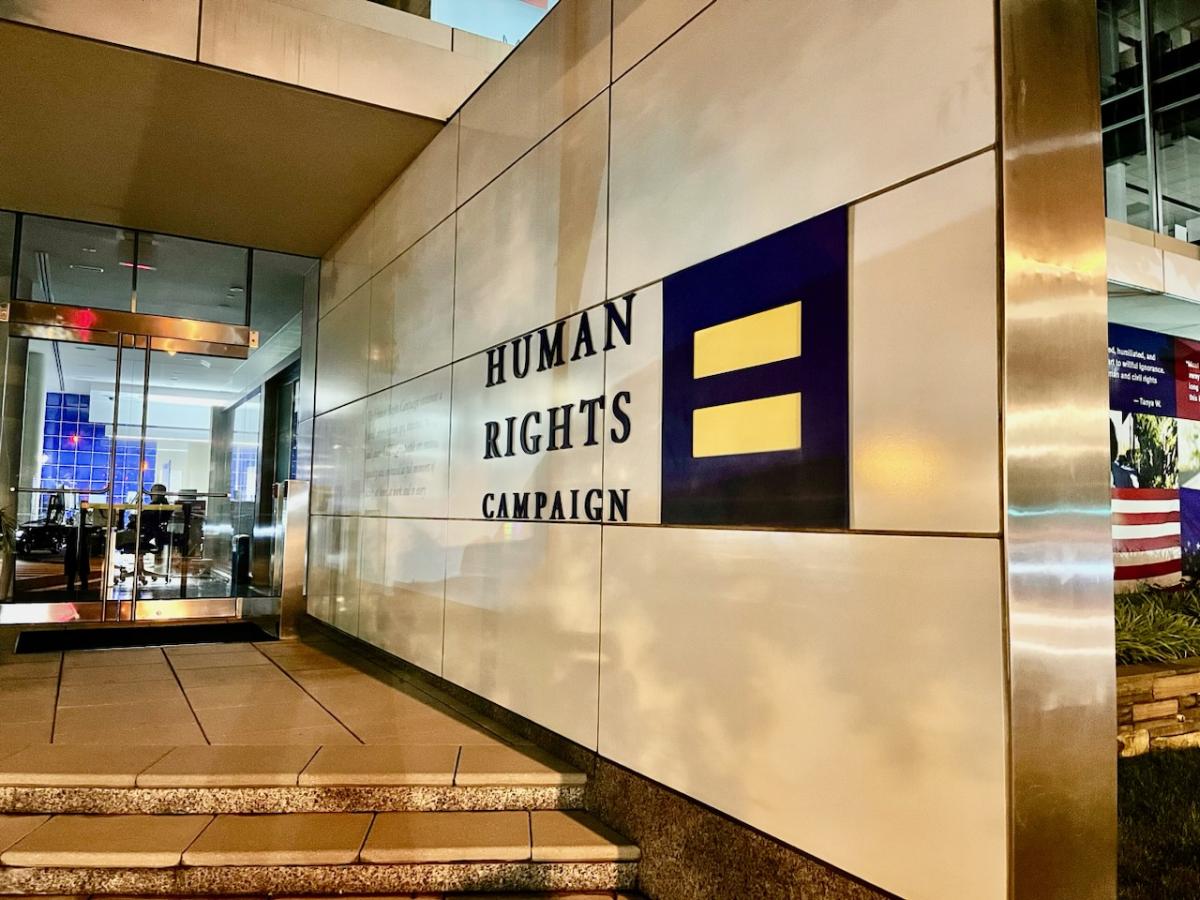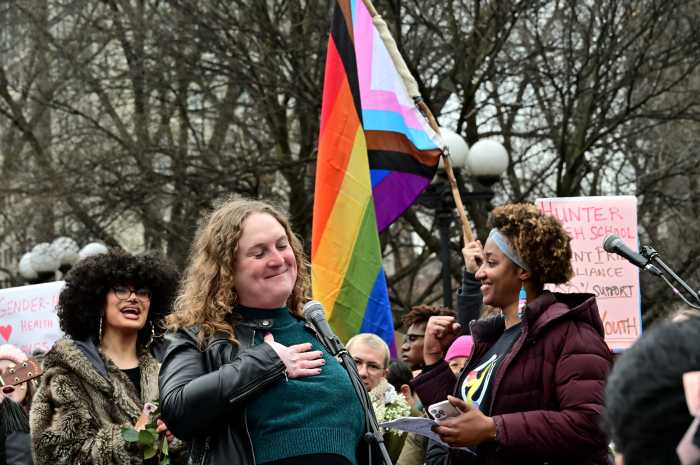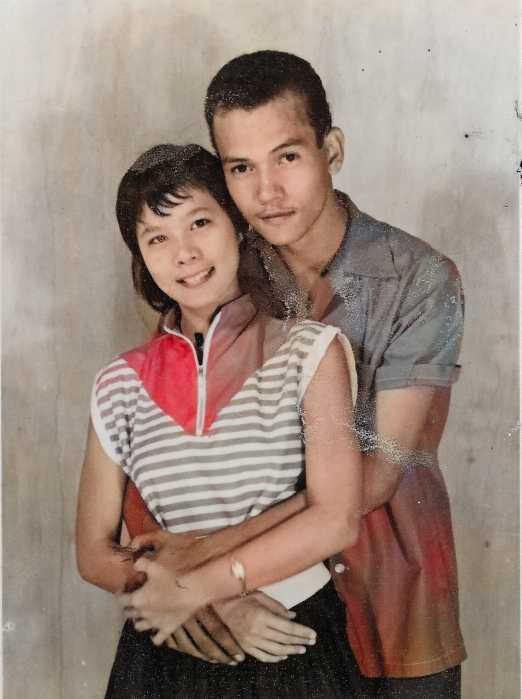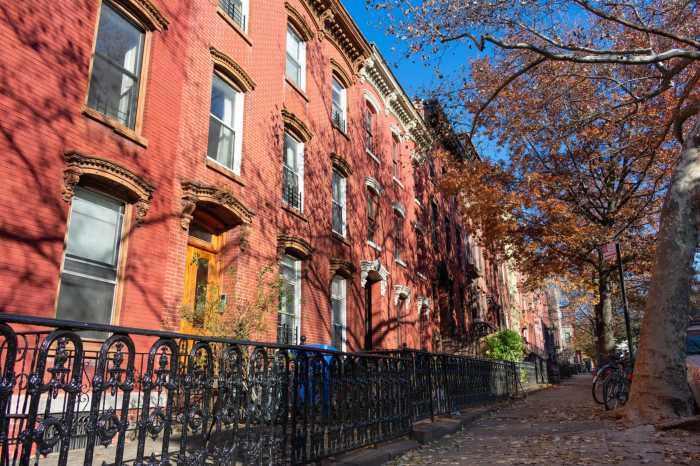Most Black LGBTQ youth between the ages of 13 and 17 are out to their friends, their family, and their teachers and school staff, according to a new report, but they also face discrimination and ostracization in social circles as well as unique mental health challenges.
The report, published by the Human Rights Campaign (HRC) Foundation, extracted data about the experiences of Black LGBTQ youth from the HRC Foundation and University of Connecticut’s 2022 LGBTQ+ Teen Survey, which gathered responses from almost 13,000 LGBTQ+ youth from all 50 states and Washington, DC. The report evaluated the experiences of youth in school, religious settings, at home, and more.
The survey responses show that Black LGBTQ youth face particularly unique experiences when navigating the intersections of their identities. Three-quarters of Black LGBTQ youth and 78% of Black trans youth said they have experienced racism in the LGBTQ community, while 60% of Black LGBTQ youth and 64% of Black trans youth said they do not trust white LGBTQ individuals. At the same time, 81% of Black LGBTQ youth have faced homophobia or transphobia in the Black community and 54% said they do not feel accepted by other Black people due to their LGBTQ identity.
At home, Black LGBTQ youth have conflicting experiences. While 59% of Black LGBTQ youth have felt some kind of rejection from their parents, 57% feel supported by their parents. It is possible that some of the youth faced rejection earlier on, but later gained more acceptance as their families warmed up to their identities.
At school, however, a noticeable discrepancy emerges when evaluating acceptance. An overwhelming number of Black LGBTQ youth — 97% — are out to their LGBTQ friends, but just over half, or 58%, are out to their teachers or school staff members. Meanwhile, 43% of Black LGBTQ youth overall and 49% of Black trans youth said they do not feel safe in at least one school setting, and 56% of Black LGBTQ youth said they had been physically or verbally harassed in the last month.
For student-athletes, the experience is much different. Just 25% of Black LGBTQ youth are out to their coaches, and that number dips to 18% among Black trans youth. Furthermore, 41% of Black trans youth said they feel unsafe in locker rooms.
Black LGBTQ youth also face hostility in religious settings. While 77% said they were raised in a religion, 63% said their religion is unfriendly to queer people and 54% feel guilt and shame due to their religious beliefs as an LGBTQ person. Only 26% of Black LGBTQ youth feel supported and included by their faith leaders.
Among other takeaways from the report, 59% of Black LGBTQ young people screened positive for depression, 39% screened positive for anxiety, and 47% said they wanted therapy but were unable to receive it.




































